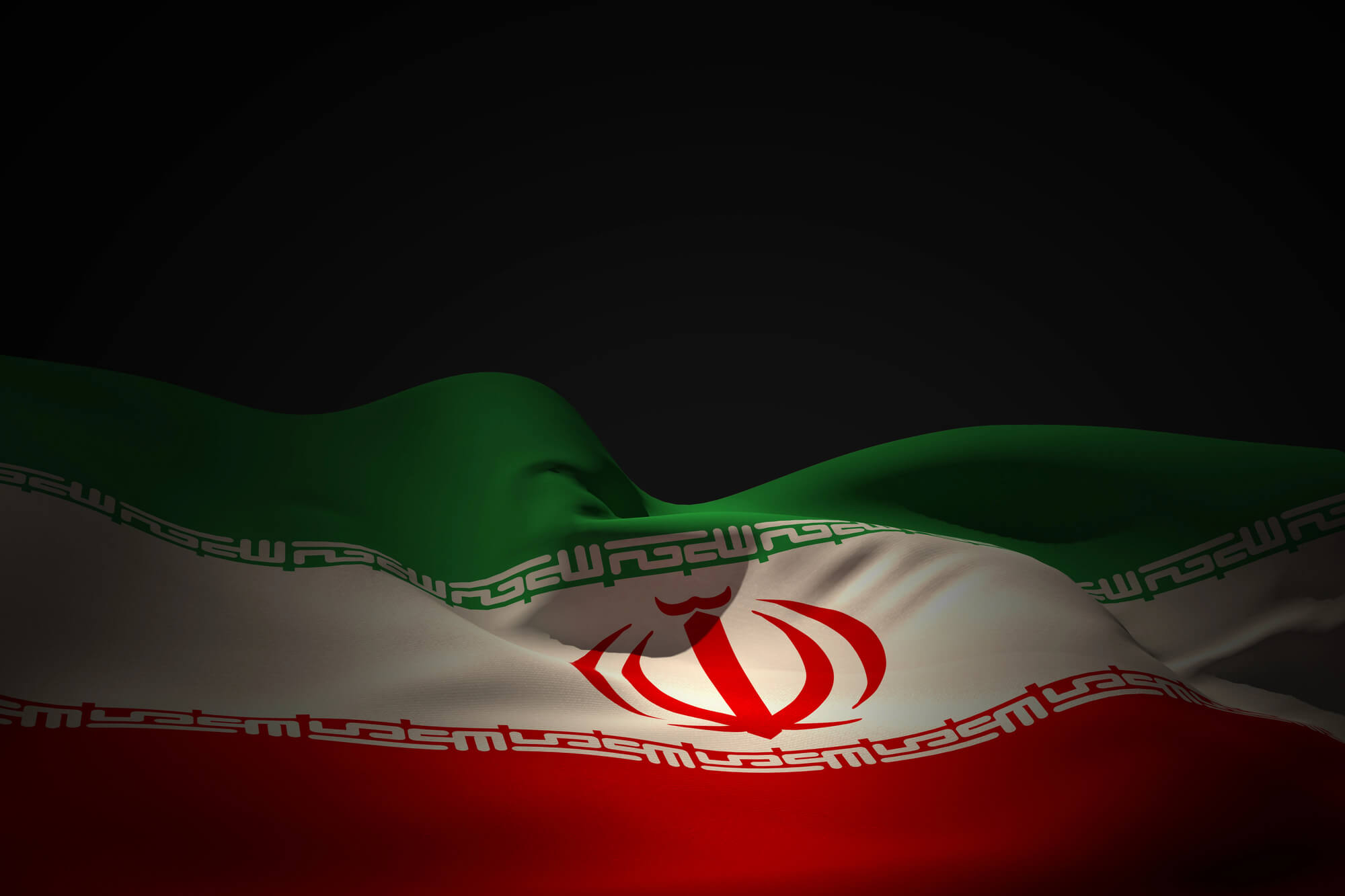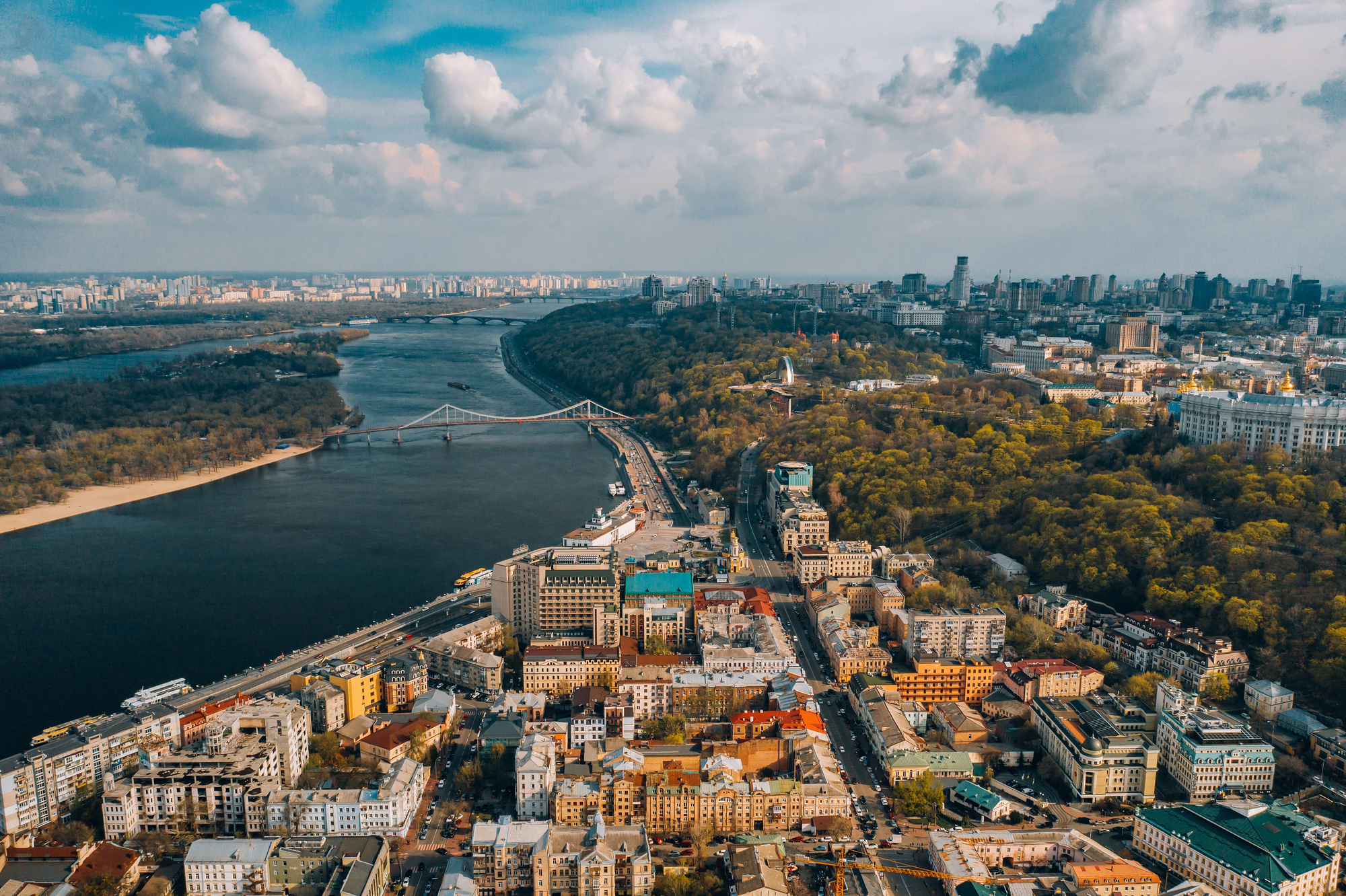The invasion of Ukraine by Russia has brought about a significant transformation in the country’s standing within the global economic and political arena. Although the invasion is unjustifiable and brutal, the world must address it with diligent rigor to secure a fair and just victory for Ukraine. Such an outcome would have far-reaching benefits not just for the people of Ukraine, but also for the central banks of the world.
The war has had a significant impact on the global political and economic landscape. Surging inflation, subdued economic performance and potential consequences of deglobalisation have led to increased political influence over central bank operations, which may have significant long-term implications.
The global economy remains weakened by the impact of the war, which has caused substantial trade disruptions and price shocks in food and fuel markets, leading to heightened inflation and a subsequent tightening of global financing conditions.
The effects of the invasion have been felt most dramatically in commodity markets, with Russia and Ukraine being among the top ten global exporters of certain grains and oilseeds. Disruptions to food supplies from the Black Sea region resulted in a significant increase in prices and heightened concerns about food security in Africa, Asia, and the Middle East. The UN World Food Programme, which relies on Ukraine for around 40% of its wheat purchases, has had to halve food rations in some countries due to the rapid growth in operating expenses.
Meanwhile, energy markets, which Russia has long dominated, have also experienced significant turbulence. Despite technical limitations that restrain the distribution of natural gas, the European infrastructure managed to withstand a reduction of more than 70% in Russian gas supplies in 2022. Thanks to aggressive liquefied natural gas (LNG) imports, EU countries were able to fill more than 80% of their storage facilities ahead of schedule, but energy prices still increased significantly.
However, medium-term risks for central banks stemming from the Russian-Ukrainian war pose an even greater concern. In recent decades, central banks have enjoyed the advantages of globalisation, which has resulted in a low-inflation environment and enabled them to maintain lower and stable inflation despite having an excessively accommodative monetary policy. Deglobalisation fuelled by war could constrain their capacity to stabilise inflation in the future, absent tough measures, if inflation is predominantly determined at the global level.
Despite the advantages it offers, globalisation has generated considerable controversy in recent years. This is largely due to its impact on economic inequality, which has resulted in genuine and perceived grievances, leading to dissatisfaction with the prevailing economic order. Populist and authoritarian elements have capitalised on this discontent to bolster their positions. Geopolitical tensions have gradually escalated, culminating in trade wars between the US and China, Brexit, and a rise in global military conflicts. Nevertheless, it was Russia’s full-scale invasion of Ukraine that brought the issue of global economic fragmentation to the forefront of the international agenda.
The heightened exposure of current production networks, compounded by Russia’s invasion of Ukraine, presents a genuine obstacle for the global economy. As a consequence, inflation rates reached multi-year highs and surpassed central bank targets in major parts of the world, both in emerging markets and in advanced economies. Of particular note is the surge in food and energy costs, which has disproportionately impacted inflation in countries where these commodities account for 40–50% of the consumer basket.
The persistence of inflationary pressure, which was initially anticipated to be temporary (and with high probability could be proved to be so without effects of the war), has presented significant risks of de-anchoring inflation expectations. As a result of reevaluating the underlying strength of inflation, a majority of central banks have reverted to tightening their monetary policy stance dramatically in 2022 and 2023.
However, central banks face a challenging task, as they must balance the competing objectives of reducing inflation and stimulating economic growth while the world is now on the brink of recession. Central banks are not empowered to provide a structural solution to this issue. Instead, the stabilisation of a fragmented world economy and volatile prices hinges on the success of Ukraine in its war.
As economies endeavour to adjust to the post-pandemic dislocation and help mitigate the impact of the conflict in Ukraine, central banks face the question of whether price stability should remain the foremost goal in light of the need to bolster employment, maintain growth, prevent social instability, and support government policies. This is particularly relevant when considering the necessary rollback of accommodative monetary policy measures, which have fostered a reliance on loose financial conditions among economic actors.
Additionally, the backlash against globalisation has posed a challenge to the prevailing support for central bank independence. Recent empirical findings for emerging economies indicate that there could exist an adverse correlation between the increase in nationalistic ideology and the acceptance of central bank independence.
In what ways can Ukraine’s victory alleviate the struggle of central banks worldwide?
Ukraine plays a vital role in food supply to regions such as Africa, Asia, and the Middle East. A triumph for Ukraine would ensure a stable supply of grains and oilseeds, improving the quality of life for the 5% of the world’s population residing in these areas. This, in turn, would contribute to sustainable development, minimising social unrest and migration crises.
Additionally, Ukraine’s victory and joint reconstruction efforts will preserve the existing world order, which faces threats from Russian weaponry and rising populism and autocracy. The awareness of an inevitable response from the free world, both militarily and economically, will prevent autocracies from instigating new conflicts, reducing the risks of an arms race. Instead, the focus will shift to investments in civilian infrastructure, as shown in the ‘guns versus butter’ model.
One such investment is in the green transition, for which the International Energy Agency estimates capital expenditure will need to double by 2030 and remain at that level until 2050. A robust response to global challenges leads to a more predictable and stable world, helping central banks preserve their independence and pursue their mandate of maintaining financial and price stability.
To achieve this better world, it is necessary to support Ukraine with arms, financing, and international backing. By supporting Ukraine, the world supports itself.
#helpUkraine_helptheWorld
This publication is a part of a collection of essays initiated by the National Bank of Ukraine. Famous economists, political scientists and historians, experts recognized in the world, volunteered to share their thoughts and arguments on why helping Ukraine is helping the world. The complete book of essays can be found via the link.
Attention
The author doesn`t work for, consult to, own shares in or receive funding from any company or organization that would benefit from this article, and have no relevant affiliations



